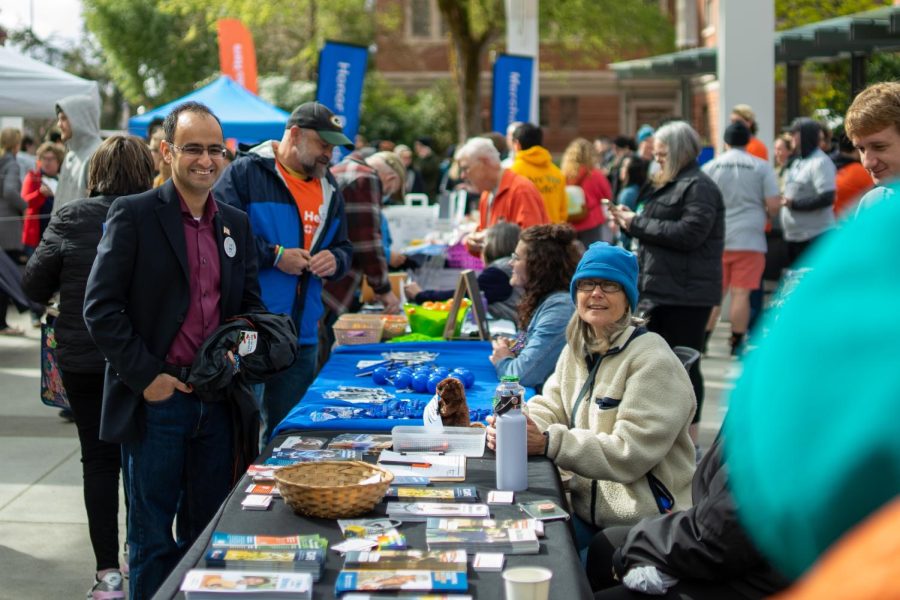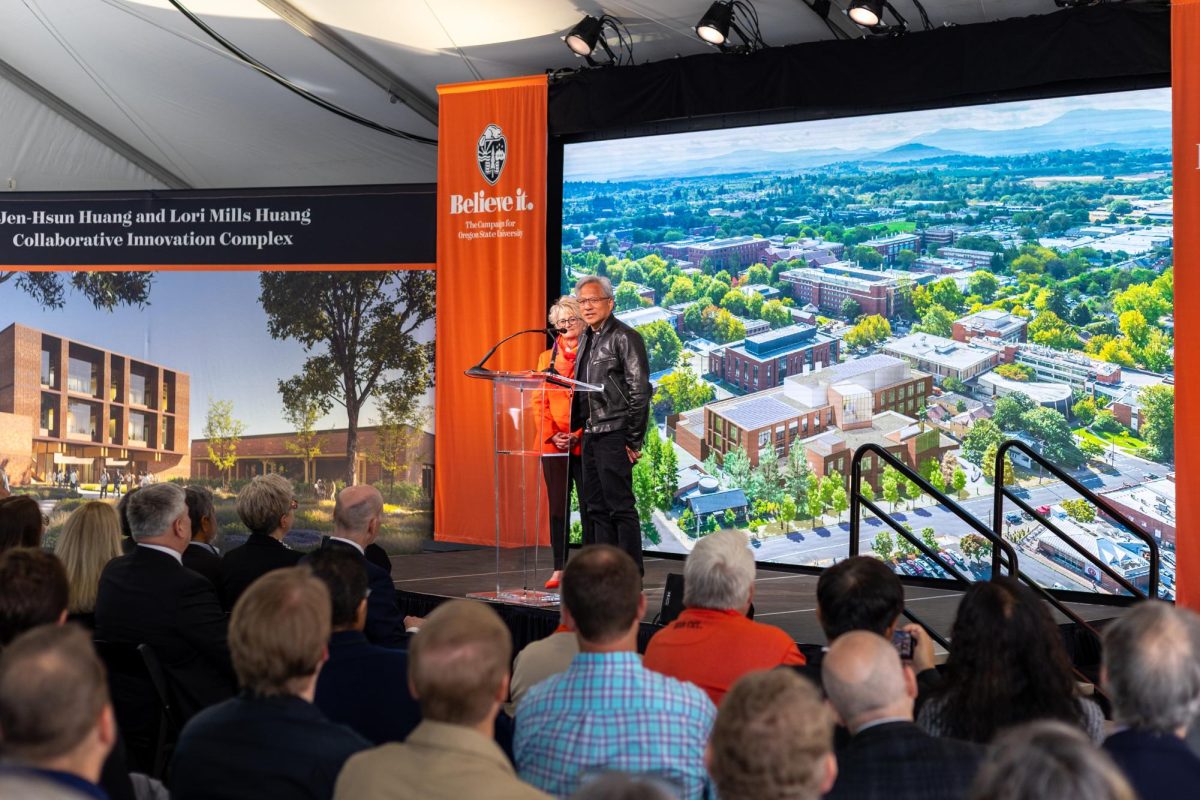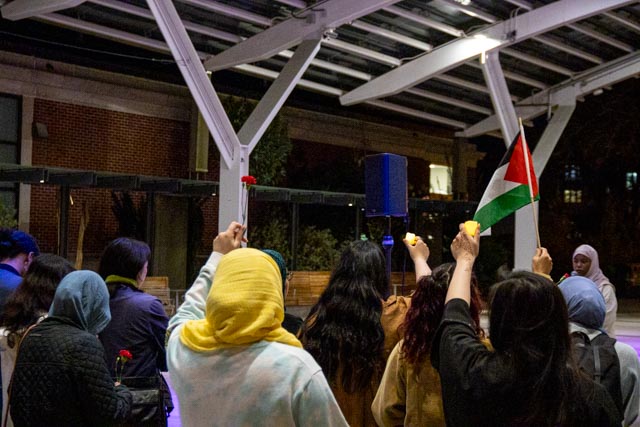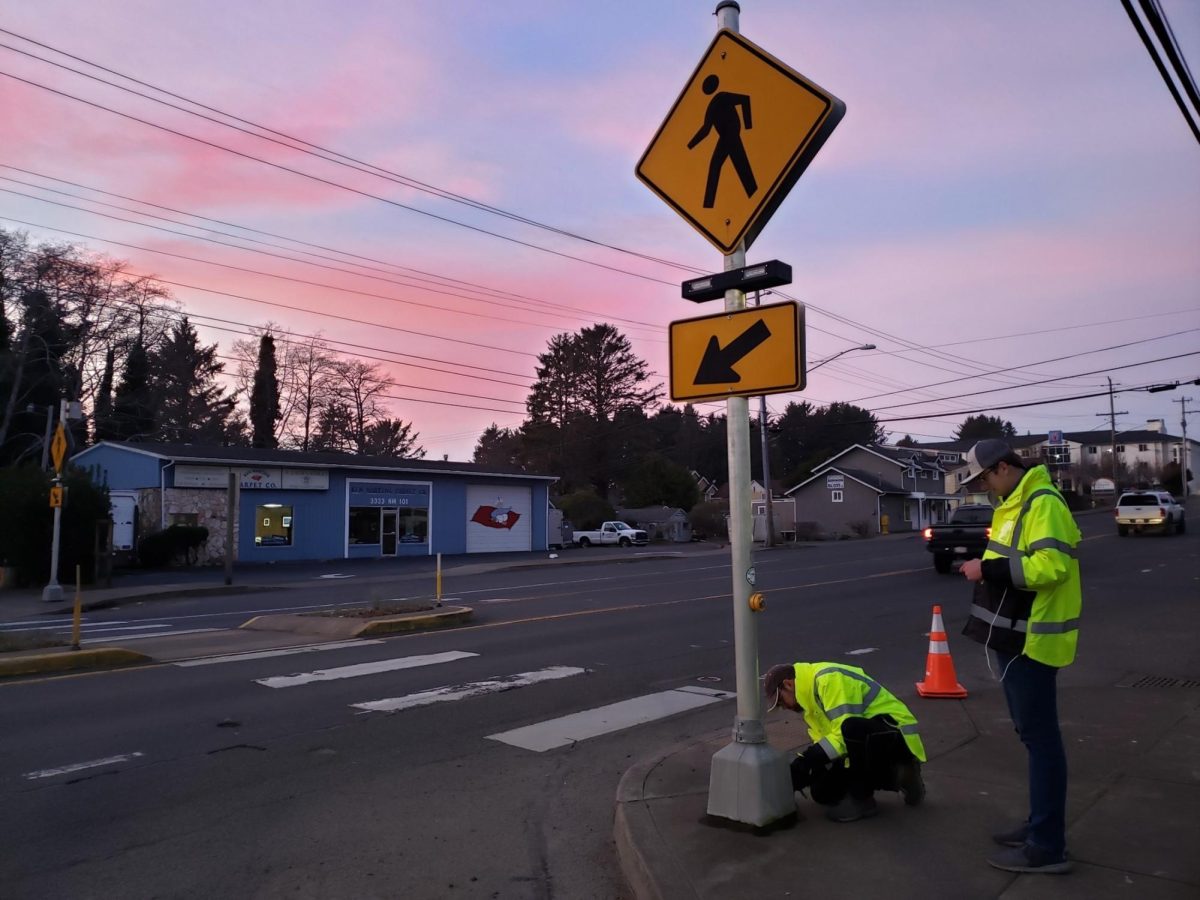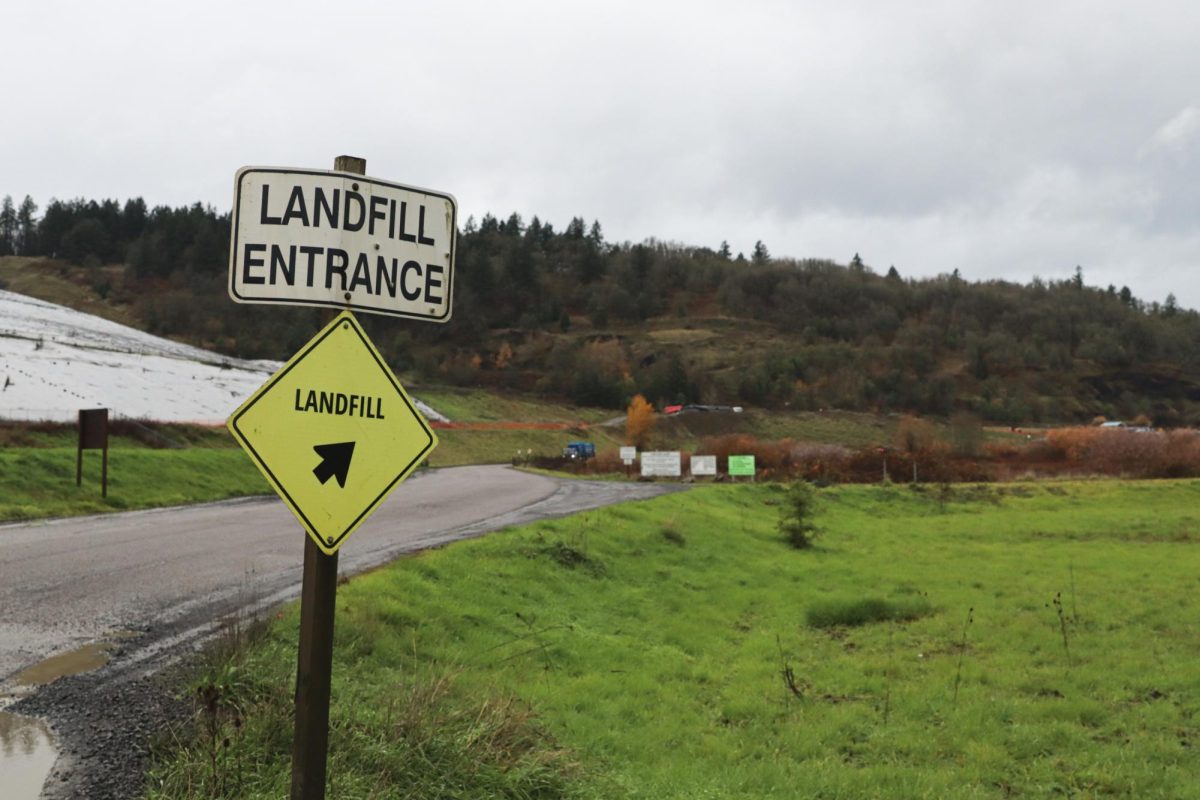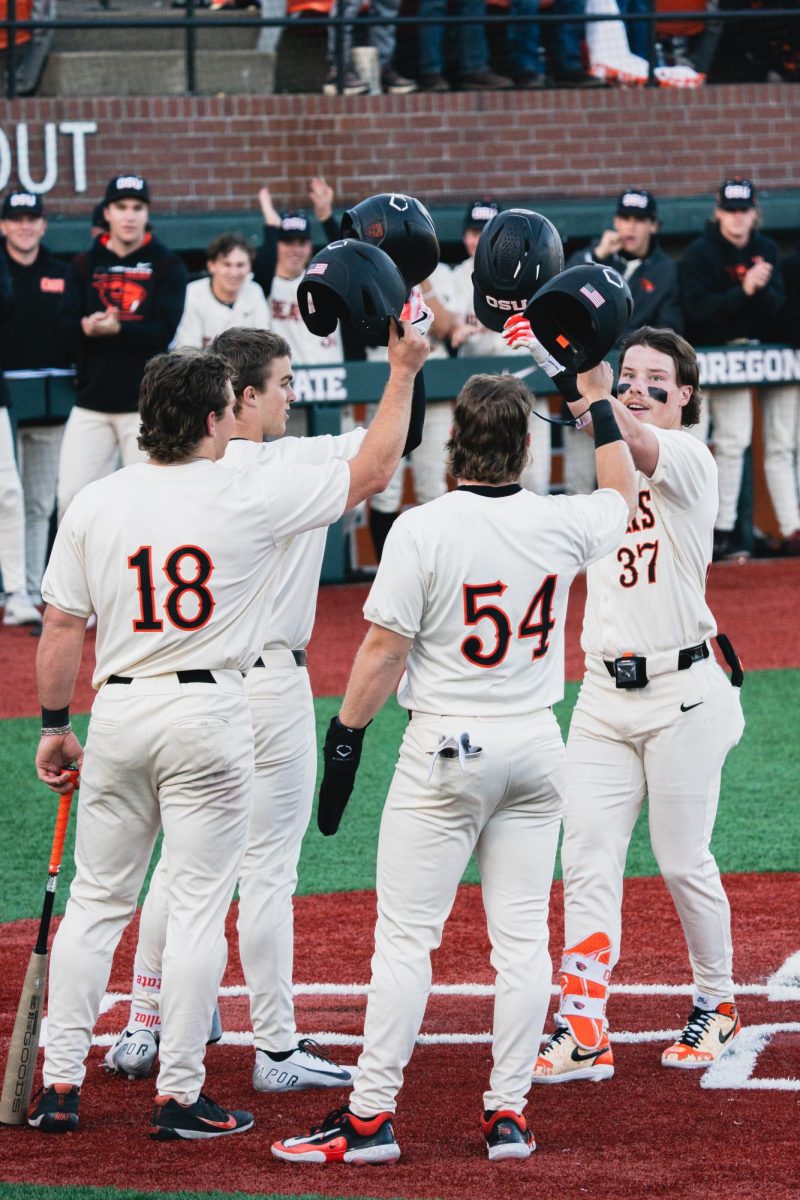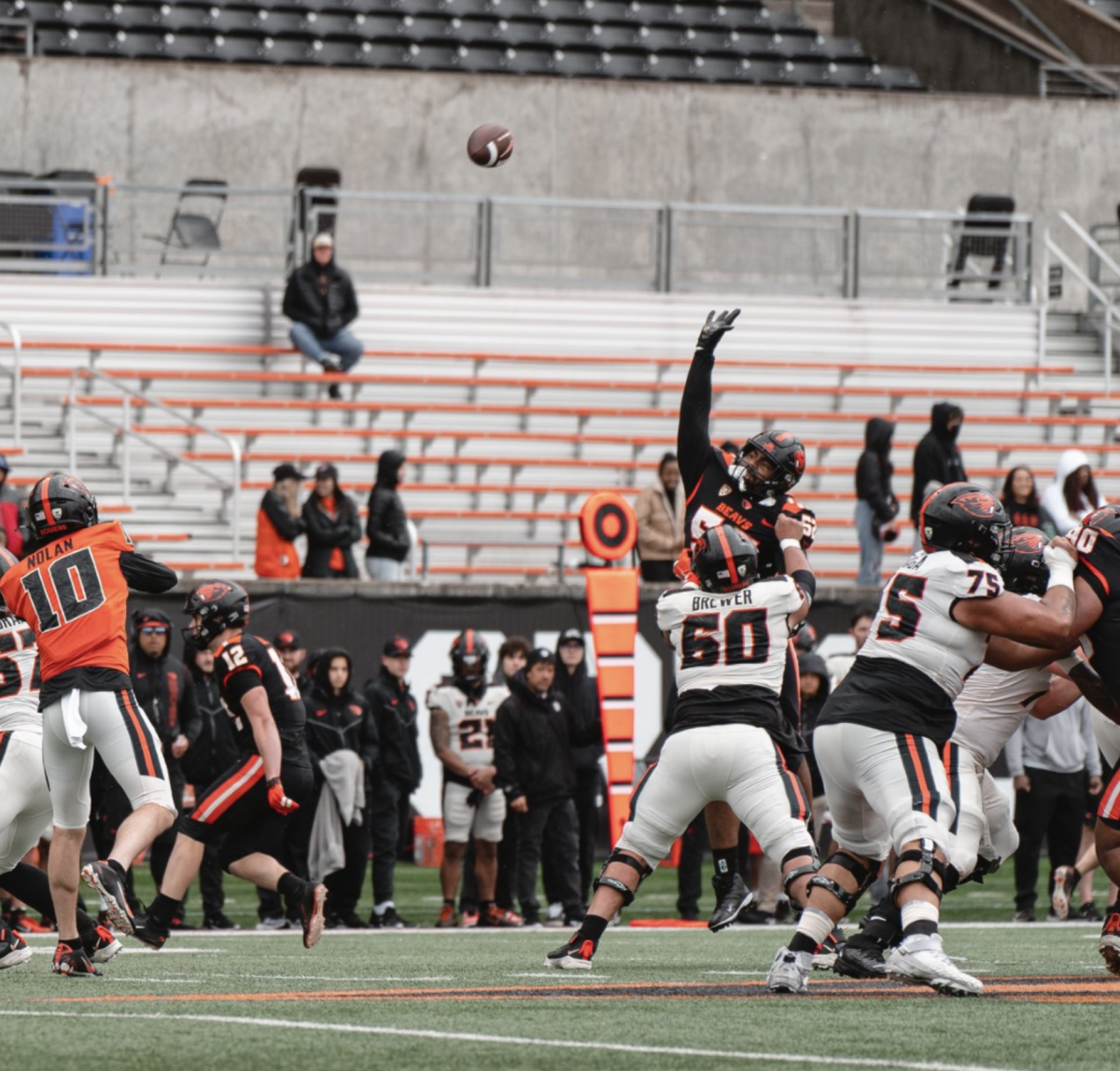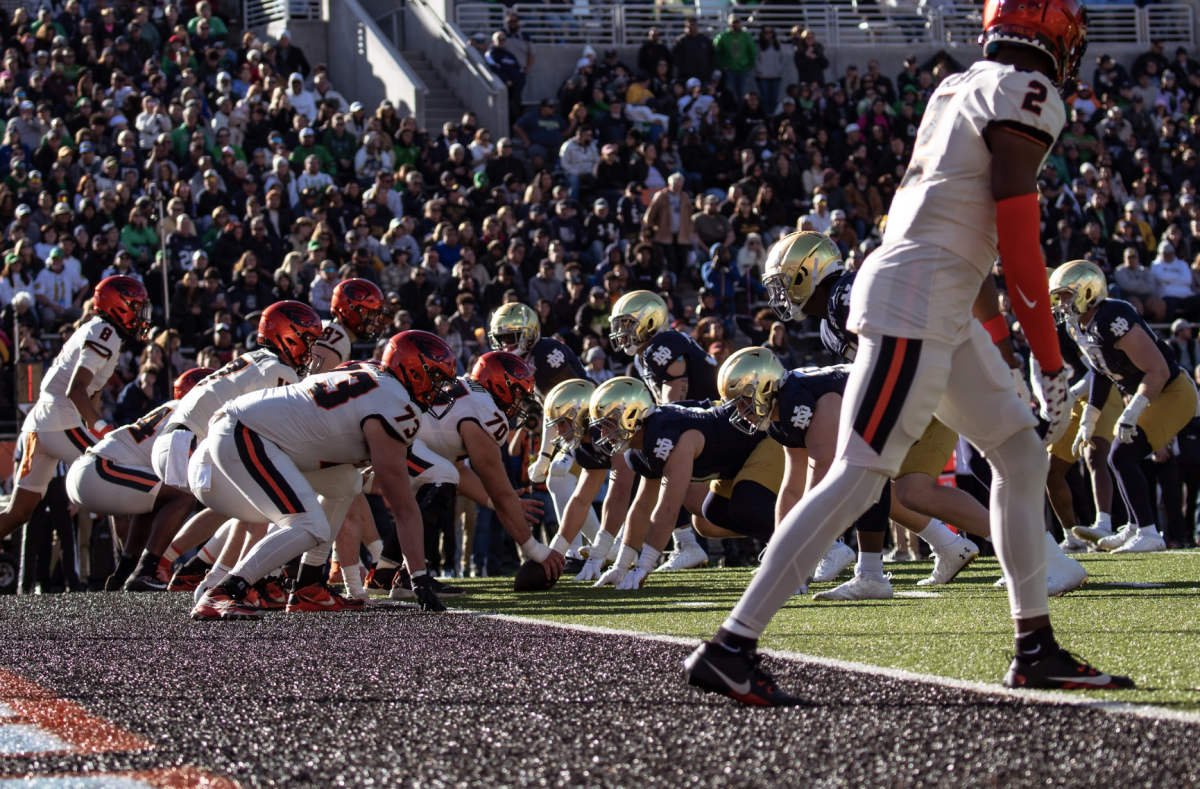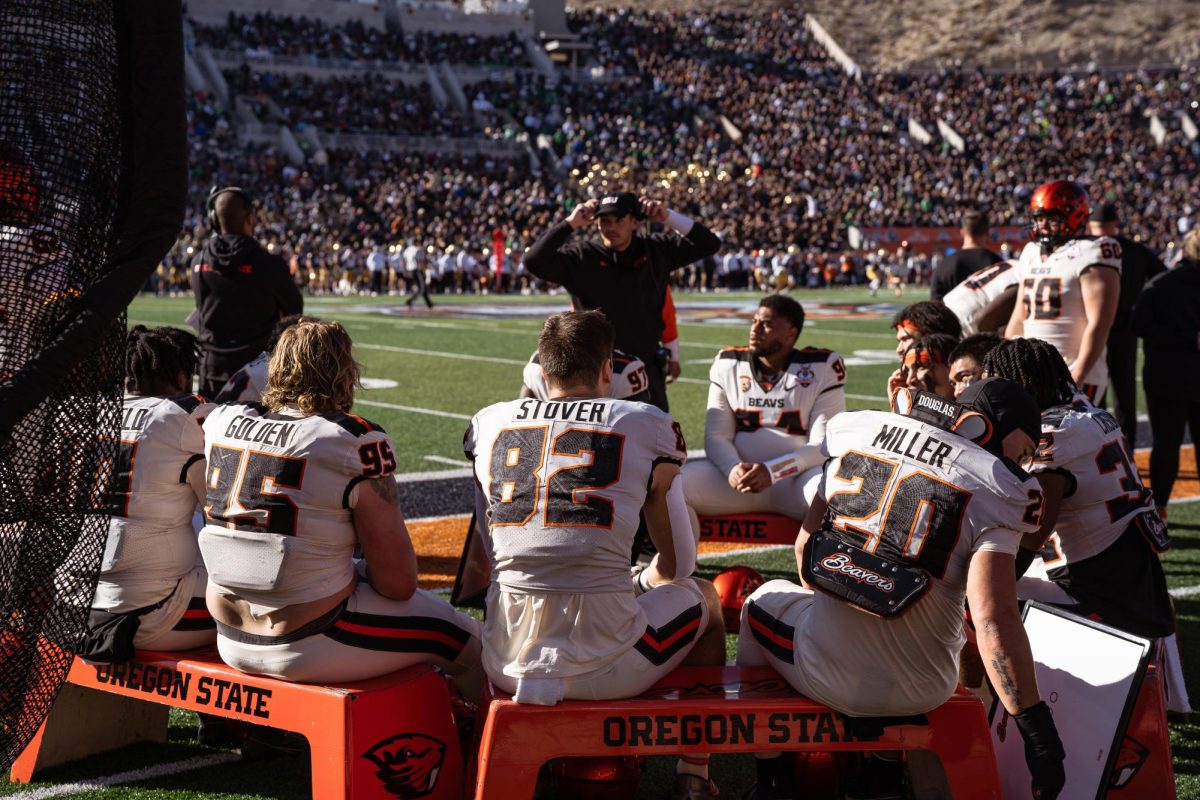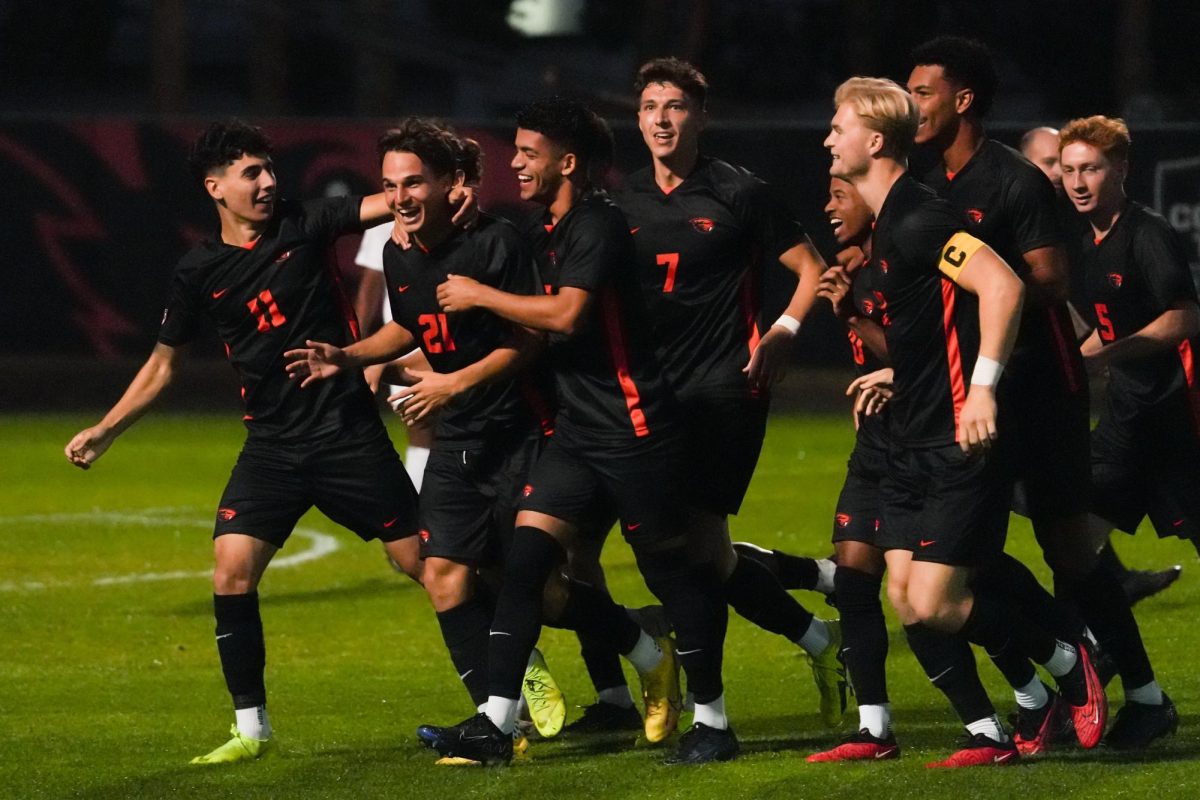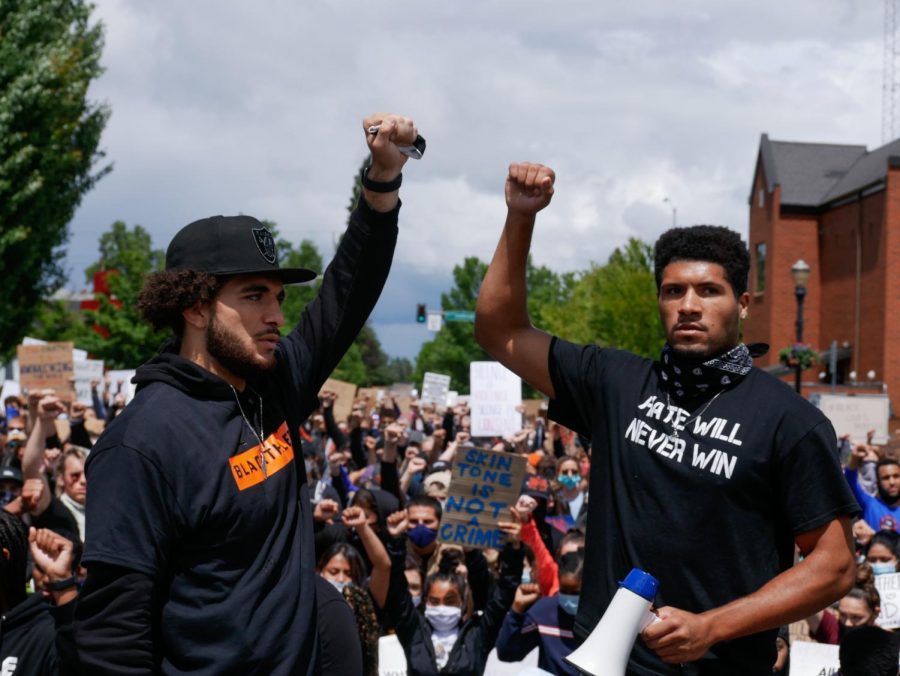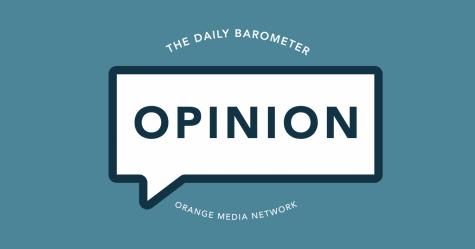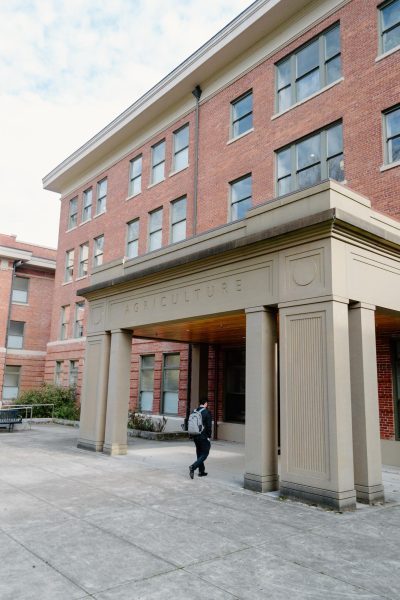DR. TECH: Finding strength in times of change
November 28, 2016
As Fall terms go this 2016 term has been one of the most eventful that I have experienced.
The Federal election takes us all into unknown territory as President-Elect Trump continues to break the mold of American political tradition.
I do not know what Trump will do as President, but he has invariably expressed his intention to remake America from the ground up and rejects our political traditions as irrelevant to his notion of power.
Conservatives have long argued that government should be run like a business and now that appears to be the modus operandi—we have not so much elected a President as hired a national CEO.
This vision of America as a corporation invokes more the power of a king than a president, and anyone with that self-perceived role will have constant clashes with a political system that was deliberately founded on the checks and balances of competing
interests and authorities.
I believe that as a business leader Trump is used to having his way just by ordering it to be so; deliberation, debate, and dissent need have no place in that form of power.
Politics is the process of negotiating outcomes between people with irreconcilable differences. To complain that politics involves conflict is like being dismayed that conflict-resolution involves conflict. If we had no conflicts to work out there would be no need for political systems.
Those irreducible conflicts sometimes leave we the citizens in difficulty times without durable principles and clear alternatives, such that we may lose trust in the process altogether.
Lack of trust in the American political system appears to be the motive force that inspired half of the voters to elect a candidate who promises to scrap much of our traditional system and give us some other America as yet undisclosed; i.e., “I’ll keep you in suspense.”
I am particularly concerned about how the dramatics, polemics, and uncertainty of this election and Presidency impact young Americans. If your first direct experience with our political system is a constitutional crises, it is possible to lose faith in the long-term strengths of our system.
My undergraduate years were during the Vietnam war and Civil Rights struggle. I had a draft card and fully expected to be swept into armed battle at any moment. Violent clashes, riots, as well as non-violent civil disobedience were daily occurences. Our President was intent on consolidating total power by ordering dirty tricks and burglaries against his list of political enemies. The economy was faltering. Many Americans feared that our system was collapsing around us.
We made it through.
We have made it through other moments of national crisis because we the people
are not weak.
I have discerned three key elements of our national strength.
1. Education. We know how to learn and train our minds to see truth behind the fog of distraction. For coping with political stress I recommend the humanities. History, philosophy, communication, psychology, languages, literature, art, sociology, music, theater, anthopology, and ethnic studies are all doorways to the collective record of our species, wherein lies our strength as a people. If you worry about the current state of your country,
study it’s history.
2. Participation. Take an active role in your community. Work with others to acheive purposeful goals that improve the immediate world that you live in. Being a positive part of change is a powerful way to withstand change that you cannot control.
3. Conversation. Learn to talk with people about hard topics. Listening and dialog are learned skills. If you make a committment to learn and practice effective conversation skills, then you will become a force that the chaos cannot undermine. Most important is to converse effectively with people whose beliefs are different from your own. I promise to work with my colleagues to increase opportunities for you to practice productive conversation within the OSU community.
A powerful topic to address right now is President Ray’s Nov. 21 statement that OSU is a sanctuary university; http://oregonstate.edu/dept/ncs/lifeatosu/2016/oregon-state-is-a-sanctuary-university/
His decision was prompted by a student petition; democracy in action.
Being a sanctuary university means potentially resisting federal laws that would single out members of our community based on race, religion, or national origin.
This action is likely to have repercussions from the federal government and it is important to deliberate together as a community to consider which values we share and are willing to stand for.
Informed and skilled conversation is the way to engage that deliberation.
Try to meet someone new at OSU every day. Practice kindness to others and to yourself everyday. Let people know that you are willing to listen to them even if what they say differs from your own beliefs.
Most of all, don’t give into fear. I have discovered for myself that enduring the hard times offers the opportunity to discover your sources of strength.
Whatever stresses challenge the unity of our nation in the coming years, the center will hold so long as we find and support the integrity of our local communities.
As an American I have found that recognizing the sources of strength in our national integrity transformed dread into pride for a system that has and will long endured.



